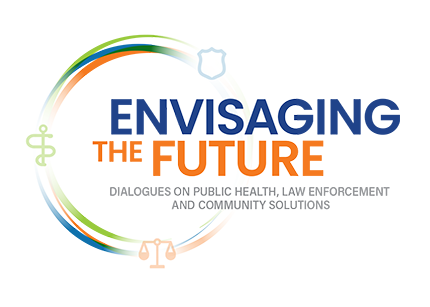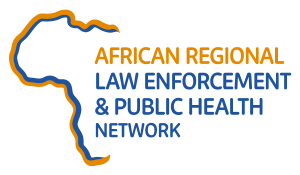
By Dr. Katy Kamkar, Ph.D., C. Psych.
In high-pressure professions like policing, the challenges extend far beyond the dangers faced in the field. Subtle, and sometimes overt, psychological manipulation known as gaslighting has been identified as a significant issue within many law enforcement agencies. Gaslighting, a form of emotional abuse where individuals are made to question their own perception of reality, can create profound impacts on police officers, particularly in environments where competition and authority dynamics thrive. Understanding how gaslighting manifests in policing and developing strategies to address it are essential for fostering a healthy work environment.
One prominent example of gaslighting in police work is when officers, despite conducting thorough investigations, are sidelined by others who claim credit for their efforts. This not only undermines their professional contributions but also distorts the narrative to favor the individuals who, for personal gain, falsely present themselves as responsible for breakthroughs in a case. An illustration of this can be seen when a detective works tirelessly to solve a case, only to have a superior take the credit at a press conference, praising someone else while the actual investigator is left questioning their worth and contributions.
Gaslighting is not only prevalent between supervisors and their subordinates but can also occur in interactions between officers and the public. For instance, suspects might attempt to distort the facts of an incident, making officers doubt their own observations and actions. This kind of manipulation, when paired with denial and disinformation, can lead officers to question their judgment, contributing to reduced morale and effectiveness.
Tackling Gaslighting in Police Workplaces
Addressing gaslighting in police organizations requires a multi-faceted approach, starting with education and awareness. Training programs should be introduced for all police officers and staff to help them recognize the signs of gaslighting, understand its harmful impacts, and learn intervention strategies. It’s crucial to create a safe and supportive environment where officers feel confident to report such behaviors without fear of retribution.
In addition to training, police organizations should develop specific policies that discourage gaslighting behaviors and promote ethical conduct. Ensuring that officers have access to both formal and informal reporting mechanisms, along with confidential support, can foster a culture of accountability. Leadership must play a key role in cultivating a respectful and transparent work environment by actively addressing reports of gaslighting and taking appropriate disciplinary actions when necessary.
Furthermore, offering psychological support services to police officers can help mitigate the long-term effects of gaslighting. Creating avenues for officers to receive professional help for stress, trauma, and interpersonal conflicts not only promotes individual well-being but also strengthens the collective mental health of the force. By addressing the psychological aspects of gaslighting and fostering open communication, police departments can significantly improve their internal culture and ensure that everyone feels valued, respected, and supported in their roles.
Gaslighting is a subtle yet destructive force that can impair trust, productivity, and mental health within police forces. However, with concerted efforts from leadership, policy makers, and mental health professionals, it is possible to identify, address, and prevent this form of psychological manipulation from taking root in police organizations.






